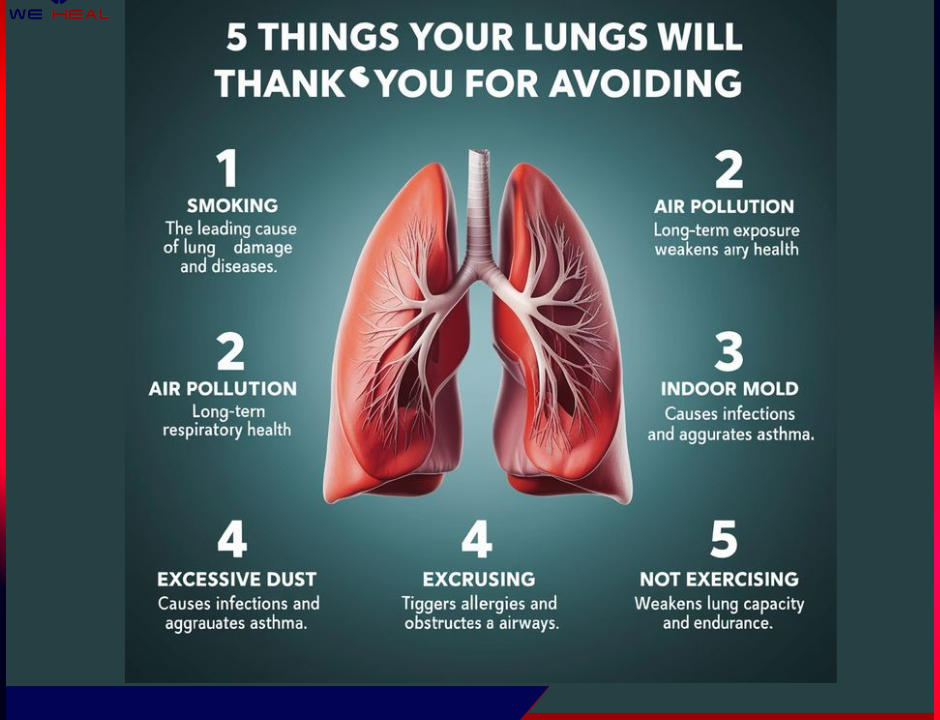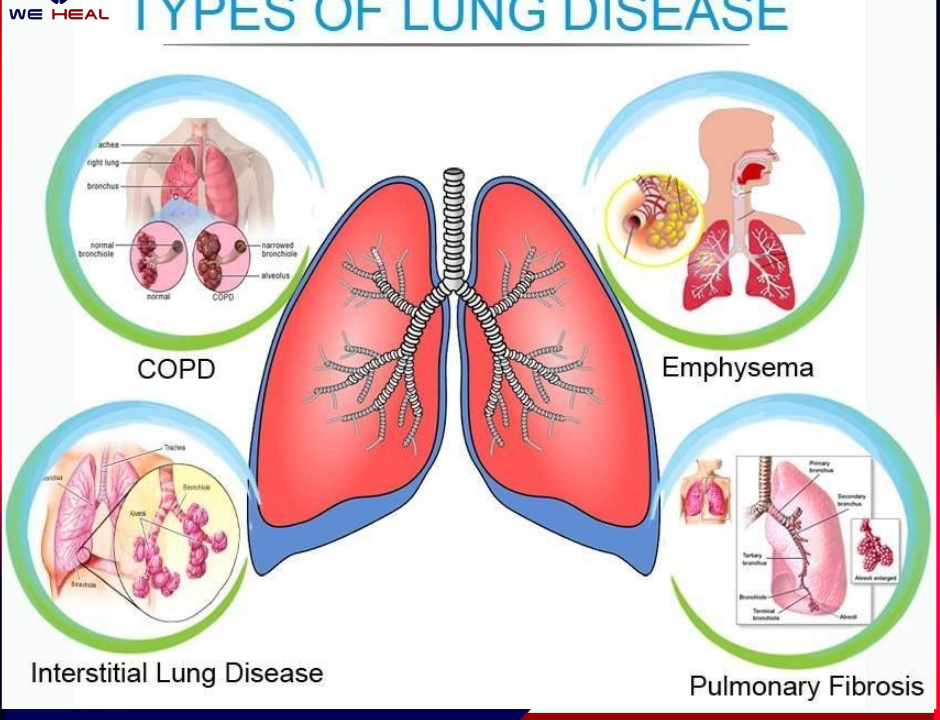
What Is Fluorosis?
May 27, 2024
Liver Disease – Symptoms, Causes, Treatment and Diet
June 7, 2024Asthma is a disease of the airways. Airways are the pipe-like structures through which you breathe. In asthma, the airways get swollen and secrete a sticky substance called mucus. Thus, the airway becomes narrow, and you find it difficult to breathe.
Asthma is generally hereditary, which means it is passed through families. It does not spread from one person to another. It has nothing to do with how you were raised, your relationships or your social status. Asthma is treatable, and you can keep symptoms well under control.
Asthma: Causes and Triggering Factors
Causes:
The exact cause of asthma is not known. It is more common if there is a family member with asthma or allergy. Symptoms of asthma may develop at any age.
- Allergens: Some substances, like pollen from flowers, animal dander, hair of pets like cat and dogs, etc. can trigger asthma
- Dust: Dust and dust mite are important risk factors
- Paint: Inhaling chemicals present in paints can trigger asthma in some people
- Exposure to cigarette smoke: Cigarette smoke is an important trigger to asthma. Cigarette smoke can not only directly increase risk of asthma but can also make a person more prone to viral infections and make airways more sensitive
- Occupational factors: Exposure to things like grains, flours, cleaning agents, metals, irritants, woods, etc. at the place may trigger asthma
- Overweight and obesity: Incidence of asthma is higher among patients who are overweight
- Pesticides: Exposure to pesticides and insecticides is associated with an increased risk of asthma
- Viral infections: Some viral infections which cause the common cold can trigger asthma
- GERD: gastroesophageal reflux disorder, a disease in which there is a possibility of regurgitation of stomach ingredients into the windpipe, can trigger asthma
- Other triggers: Other triggering factors include stress, exercise, and air pollution.
Asthma: Symptoms and Feelings
symptoms of asthma vary from patient-to-patient. In addition, the severity of symptoms may vary from patient-to-patient or depending on the severity of disease pathology. Everyone’s feeling about his condition or disease is different; they depend on their threshold of addressing challenges. Many patients describe their breathing as “breathing from the straw”.

Asthma Attack
In asthma attack, you may experience one or more of the following:
- Your reliever medicine may not help you and you may need to use the medication more often
- You get a lot of wheezing, the chest is tight and you get a lot of coughs
- You are breathless and you may find it difficult to walk or talk
- You breathe faster and you feel as if you are not getting enough air
- Although rare, fingertips may become blue because of the non-availability of sufficient oxygen.
If you get asthma attack:
- Situ up straight
- Take your quick-relief medication
- Call an ambulance to reach the hospital or arrange transport to a nearby hospital
How do you feel when you have asthma?
You may feel discouraged when you are diagnosed with asthma. With asthma, you may have difficulty doing your regular work and exercise, and it can hamper your sleep because of the symptoms. Don’t be discouraged; asthma can be kept under control with proper medication, and you can have a normal life and perform your daily activities without much problem.
Asthma is not an old-age disease, a childhood disease, a smoker’s disease, or the wrath of God; it is just a condition where the immune system of your body overreacts to a trigger. It is important not to get guilty or stigmatized by asthma.
It is important that you educate yourself about the condition and take medicine without any social stigma. After all, asthma is a condition that can be managed well with regular and effective medications.
Correct medication use in asthma
You are lucky; effective medicines are available.
Luckily, with medical advancements, we doctors know much more about asthma and its management now than ever before.
Although asthma can’t be completely cured, with better drugs available today, it surely can be kept under control for life, and with the right control, you can lead a life like non-asthmatic people. With good asthma control, like non-asthmatic people, you can:
- Have freedom from symptoms both during day and night
- Have the best possible lung function
- Can you do any physical activity of your choosing?
- Can attend school or work more or less every day?
- Have fewer asthma attacks
- Have no or minimal medicine-related side-effects
Some Rules
To keep your asthma under control, you have to follow some rules. Here are a few of them :
- Discuss with your doctor about asthma and how to keep it under control. Educate yourself about the conditions.
- Make a plan for your asthma control in discussion with your doctor.
- Visit your doctor regularly, as suggested by him.
- Learn which medicine to take, how to take, when to take, and the correct method of taking medication.
- If you are using a quick-relief inhaler, ask your doctor if you can add a spacer, as it will make use of drugs easier.
- Take all medicines as prescribed by your doctor.
- Identify the things that cause asthma symptoms in you and avoid them or at least reduce exposure to them.
- Keep a watch on changes in asthma. Learn to identify symptoms of an asthma attack so that you can quickly take the required steps.




